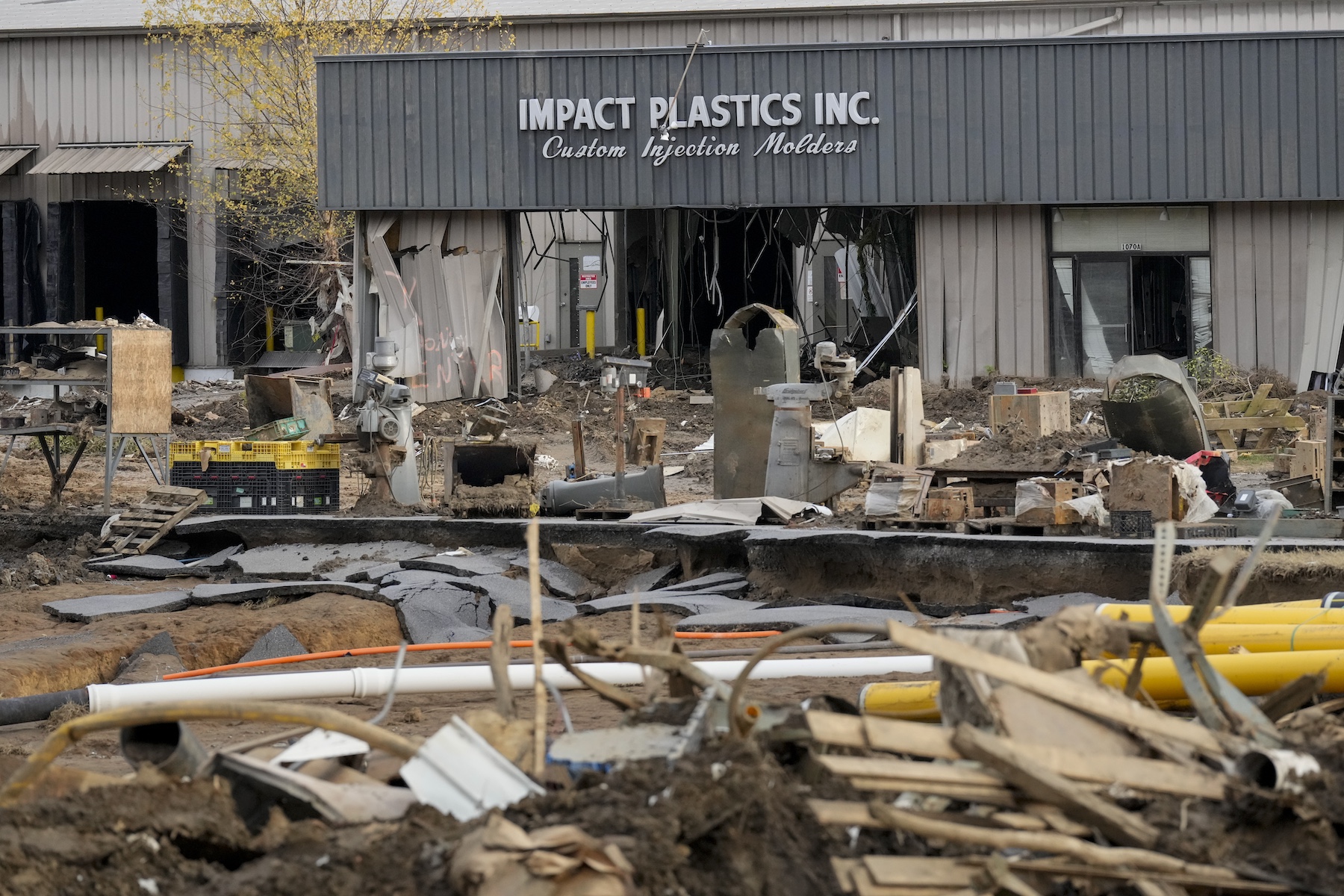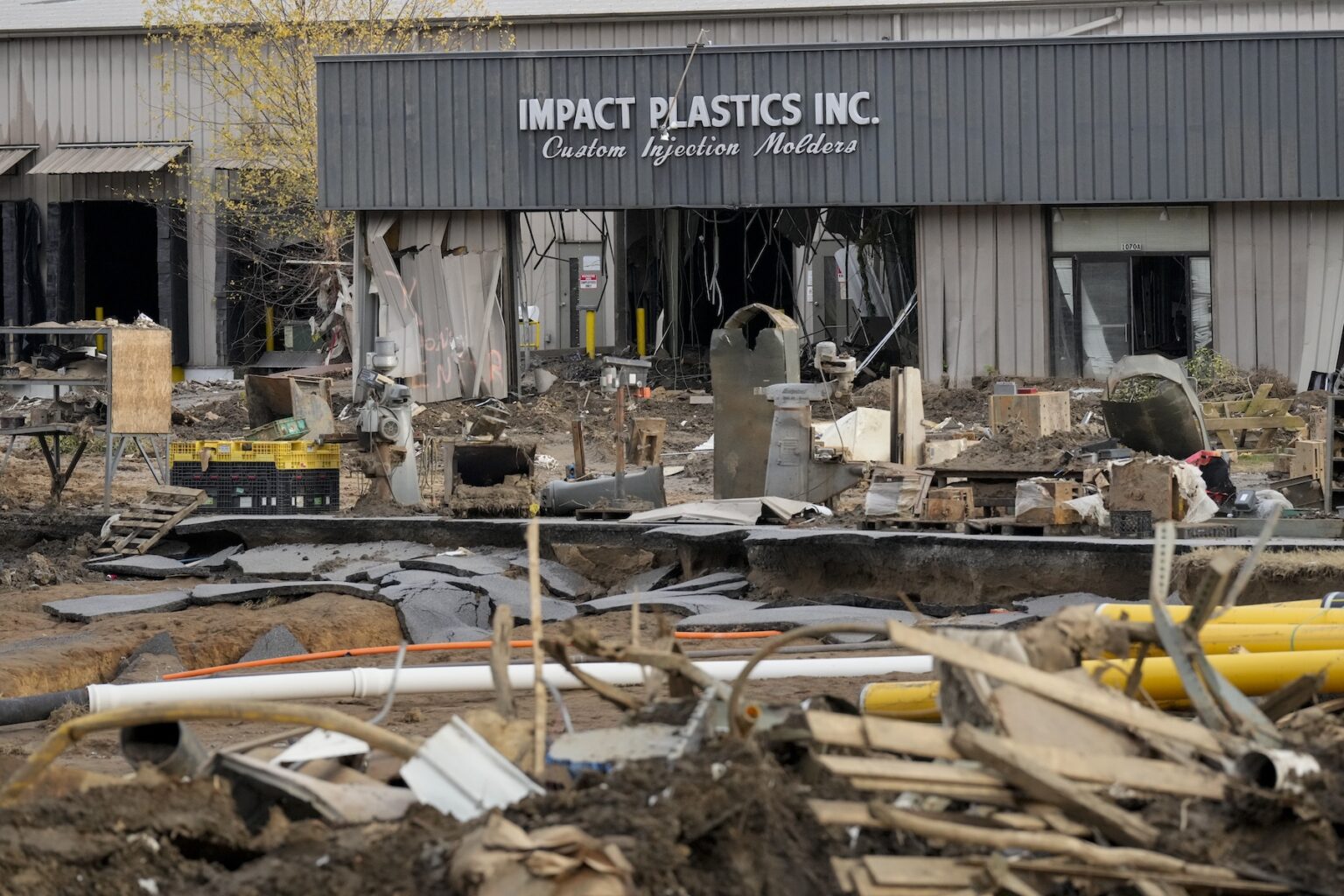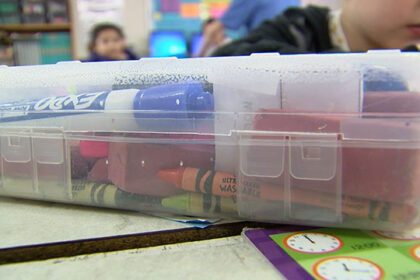
Since arriving in East Tennessee, the Federal Emergency Management Agency, or FEMA, has set up five disaster recovery centers, approved more than 6,600 applications and $25 million in aid, and helped connect people to more than $265,000 in disaster unemployment.
But many people have expressed skepticism or downright distrust of the agency. False claims have spread rapidly on social media, fueling feelings of doubt that the agency will even help at all.
“We still have people coming in,” said Rick Brewer, spokesperson for FEMA. “We’re happy to see ’em, but we’re wondering, ‘What took you so long to get here?’ ”
More: Long-term recovery from the 2023 tornado and Hurricane Helene
Brewer says the agency was still seeing victims file applications for aid as late two months or more after the disaster.
But how did it get this way?
“If we receive information that confirms hunches and beliefs and things … we are more likely to sort of believe those pieces of information and potentially share those pieces of information,” says Martin Riedl, assistant professor of journalism and media at the University of Tennessee. His research focuses on the way misinformation spreads on social media, and how those platforms moderate content.
“People have legitimate fears, and in a situation of crisis may be more prone to spread content without fact checking.”
In the wake of Tropical Storm Helene, Riedl says this is exactly what happened.
“One of the things that was very concerning for me to see in the context of Hurricane Helene … was the outrageous claims that people made,” Riedl said. “What had me really concerned there was sort of how national politics used this catastrophe towards its ends.”
Soon after the disaster struck the Southeast, politicians on the national stage seized the opportunity to promote themselves and their party’s agenda. That included U.S Rep. Marjorie Taylor Greene, of Georgia, who falsely claimed in one viral post that the Biden Administration can control the weather.
“Yes, they can control the weather,” she wrote. “It’s ridiculous for anyone to lie and say it can’t be done.”
Following this and other messages shared by politicians in the aftermath of the storm, a flurry of misinformation emerged, much of which implicated the federal government’s involvement in either the creation of the storm or the lack of efficient response after its landfall.
“The timing was quite opportune for politicians who wanted to sort of latch onto anti-federal government narratives,” Riedl said. “This was a welcome opportunity to do just that. Whether that was within the realm of truth or not was sort of an afterthought.”
Congressman Tim Burchett, R-Knoxville, has been propelling this narrative.
“It’s another government agency that was probably started with a good intention but has gone awry,” he said.
Burchett has been making good use of the platform X to criticize FEMA.
“I know the bureaucrats can sit up here in Washington and say what they’re doing, but when I get pictures and I get reports, when I get phone calls from people I know telling me that it’s not the case, I have a real hard problem with it,” Burchett said.
His constituents have reached out at several points and complained about FEMA in their area. One resident posted on X, responding to Burchett, “Tim we need help in Erwin and surrounding areas, FEMA is confiscating our donations.”
“We never could pinpoint anything specific,” Burchett said. “It was all anecdotal. A lot of it was a misunderstanding.”
Another consistent rumor is a false claim that the agency is impounding or stealing people’s property.
“FEMA has no interest in your property other than helping you get it cleaned up and get it jump started in your recovery,” Brewer said. “FEMA is not legally allowed to take anyone’s property, so that is just a false rumor.”
Although the rumors have slowed since Election Day, thousands of people are still sharing false information, whether they know it or not. Experts recommend verifying anything you see on social media with at least two reputable news sources before sharing it with others.
The remnants of Hurricane Helene killed 17 people in Tennessee and damaged 372 homes, including 132 that were destroyed.




